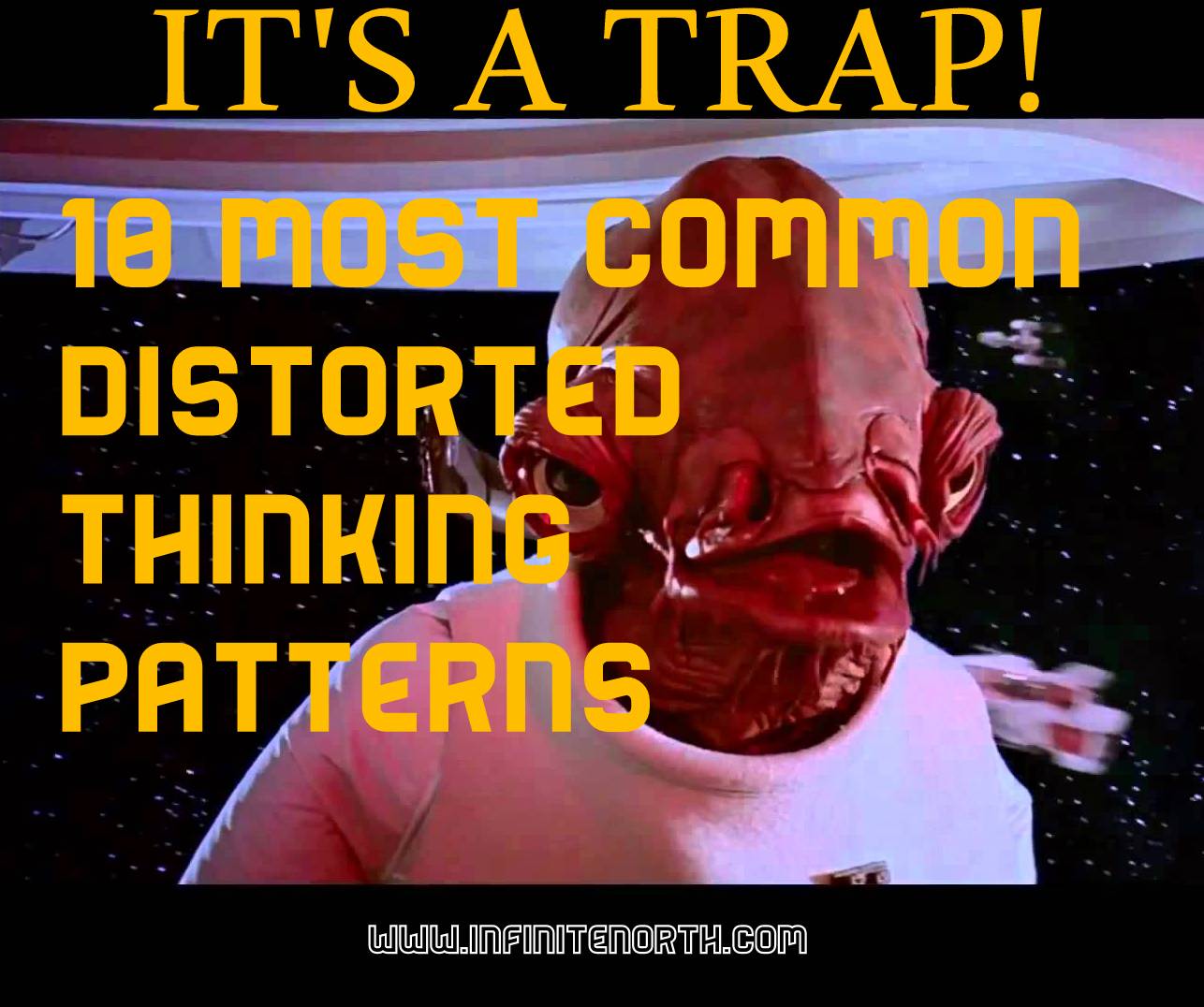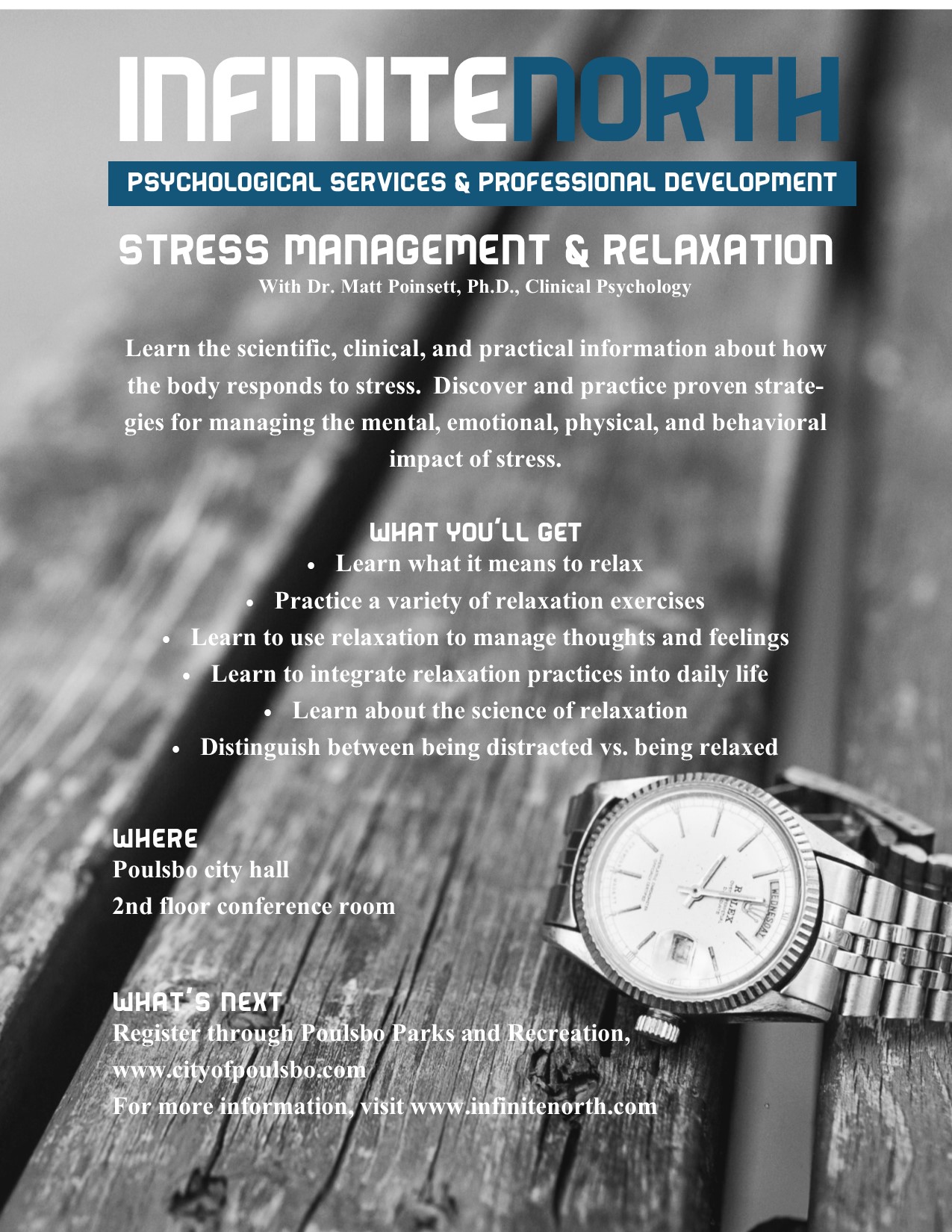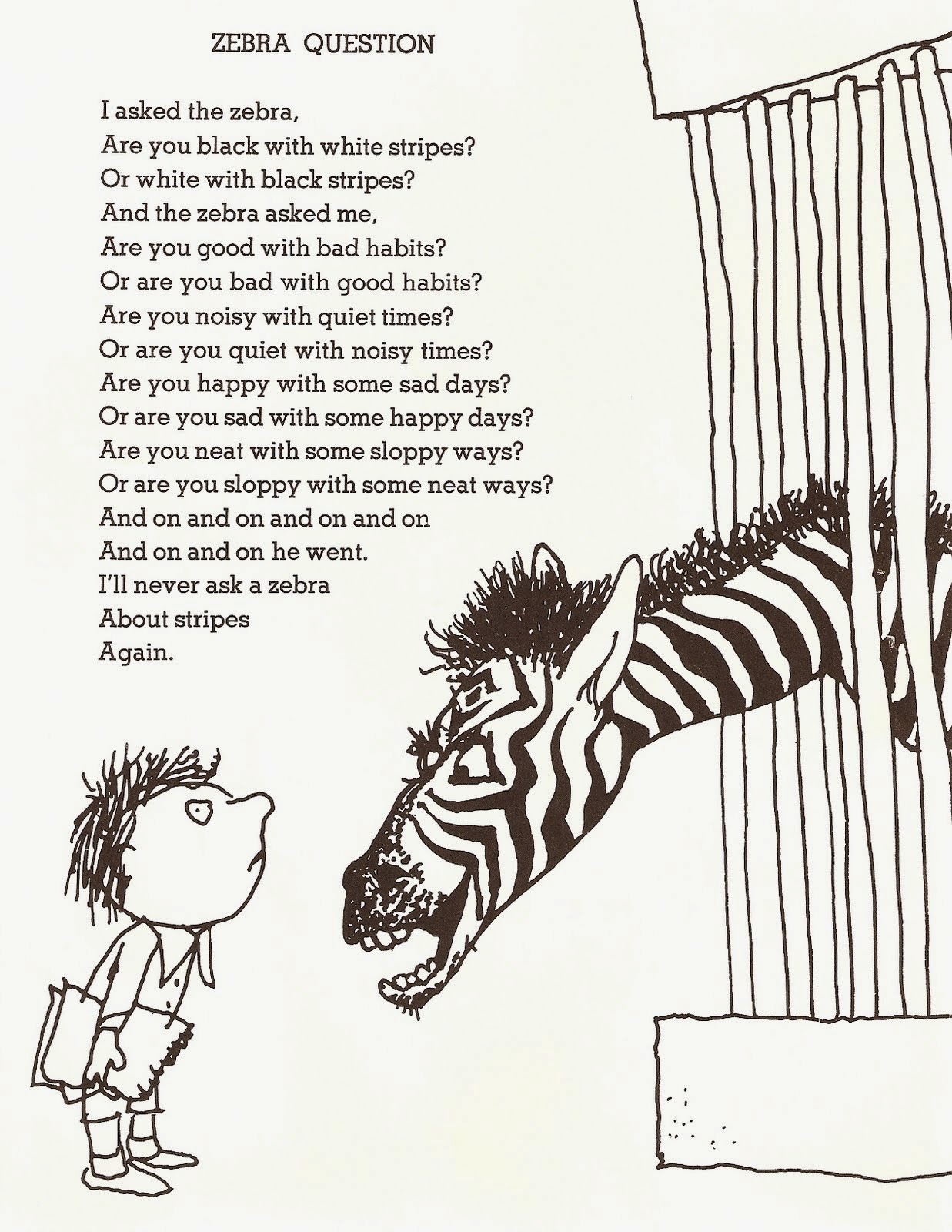Last time we focused on one distortion that created catastrophes from our imagination and another that was the least helpful filter ever. Today we’ll explore black-and-white thinking and mind-reading. We’re on our way to covering all ten…but tackling two at a time seems halfway reasonable. There was a time when these distorted thinking patterns were referred to as “irrational” thoughts. While I understand the technical absence of rationale inherent in these thought patterns, “irrational” carries some significant negative connotation. It’s often an accusation or an insult – “Ughhh! Stop being so irrational!” or “If you weren’t being so irrational…” This negative connotation and these types of comments are disproportionately directed at women, but in my experience, men are just as likely to fall into these “irrational” patterns as women. In order to start from a place from equality (less accusatory and insulting), let’s stick with referring to these extremely normal, yet unhelpful, thought patterns as “distorted.”
- Catastrophizing
- The Mental Filter
- Black-and-White Thinking
- Mind-Reading
- Emotional Reasoning
- ‘Shoulding’
- Personalization
- False Permanance
- Blaming
- Magical Thinking
Let me remind you – as you begin to challenge these distortions, take the time to write down the specific unhelpful thoughts as you recognize them and write down the alternative thinking patterns that will set you on the path to healthier ways of perceiving your experiences. You’ll see overlap in how these patterns feed into one another, each one making the others a little easier to believe, creating a seemingly unified (albeit distorted) vision of life. Don’t be fooled.
- Black and White Thinking: This distorted lens can create false dichotomies in any and every situation. It polarizes every effort, every person, and every experience. This means that your workout was either AMAZING or absolute MISERABLE. You looked PERFECT or HORRID. You’re a great parent or an abject failure. You’re the best or your nothing. Your goals DOMINATED or you FAILED. This distortion also seems to mandate the use of absolute language. Whenever you hear “always”, “never”, or “everytime”, you’re likely dealing with black-and-white thinking. Spending too much time thinking this way can easily lead to hopelessness – it becomes almost impossible to feel successful.
Challenging Black and White Thinking: You may see some significant similarities with the Mental Filter problem. These two distortions go together. By filtering out all positive aspects of person, thing, or experience, it quickly becomes an extremely negative version of itself. Black-and-White thinking confirms and amplifies the contrast between your hopes and your reality. Your task is to find the gentle middle ground in-between the harsh extremes. Acknowledge that you weren’t perfect or horrid; your workout wasn’t amazing or miserable. Most things are someplace in between. Allow for (and even cultivate) more complex perceptions. Actively identify the aspects that are going well and the ones that aren’t – incorporate both sides, and avoid the absolutes. If your mind give you a “never” or “always,” recognize it for what it is, and start to celebrate the successes that will almost certainly be found in the middle-ground.
- Mind-Reading: I’d like to believe that if I had the capacity to read minds, I would use it for more than confirming people’s negative perceptions of me. Unfortunately, this distortion takes the concept of mind-reading to very dark places. The mind-reading distortion allows us to be fully hooked into the assumptions we make about what others are thinking. We become certain about their intentions and how they really feel. It may be something straightforward like, “She thinks I’m stupid” or “He hates me.” Throw in a few additional layers of social networking and mind-reading becomes extremely complicate and messy. It can destroy relationships and lead to a sense of constant social pressure when the assumptions are self-critical. A wave and a smile becomes a sinister ruse aimed at tricking you into foolishly desiring a friendship you don’t deserve (insert evil laugh)!!! Or…maybe it was just a smile and a wave.
Challenging Mind-Reading: It wouldn’t be responsible for me to tell you to just stop doing it. I’ll try to be a bit more helpful. A large factor in challenging this distortion is simply becoming aware of when you’re doing it and then not buying into the story. If you’re well practiced at mind-reading (many of us are), the information that was gathered telepathically immediately becomes integrated into the mental narrative as fact. Recognizing where the information came from can loosen the “fact” label significantly. Ask yourself, do I know this or am I assuming it? When in doubt, stick with external observations. What did they DO? What words did they say? List what you observed, making sure it’s free of assumptions or judgments, then respond accordingly. They smiled and waved, now I will smile and wave.
Alternatively many times you can just ask what someone is thinking or feeling. You might say, “I noticed you were scowling, and I’m a little worried you’re upset about something I did.” No need to assume. If you insist on assuming, and creating a narrative based on those assumptions, the very least you can do, is build and interesting and helpful narrative rather than one that is destructive and critical.
Next we’ll cover Emotional Reasoning and, one of my personal favorites, Shoulding




